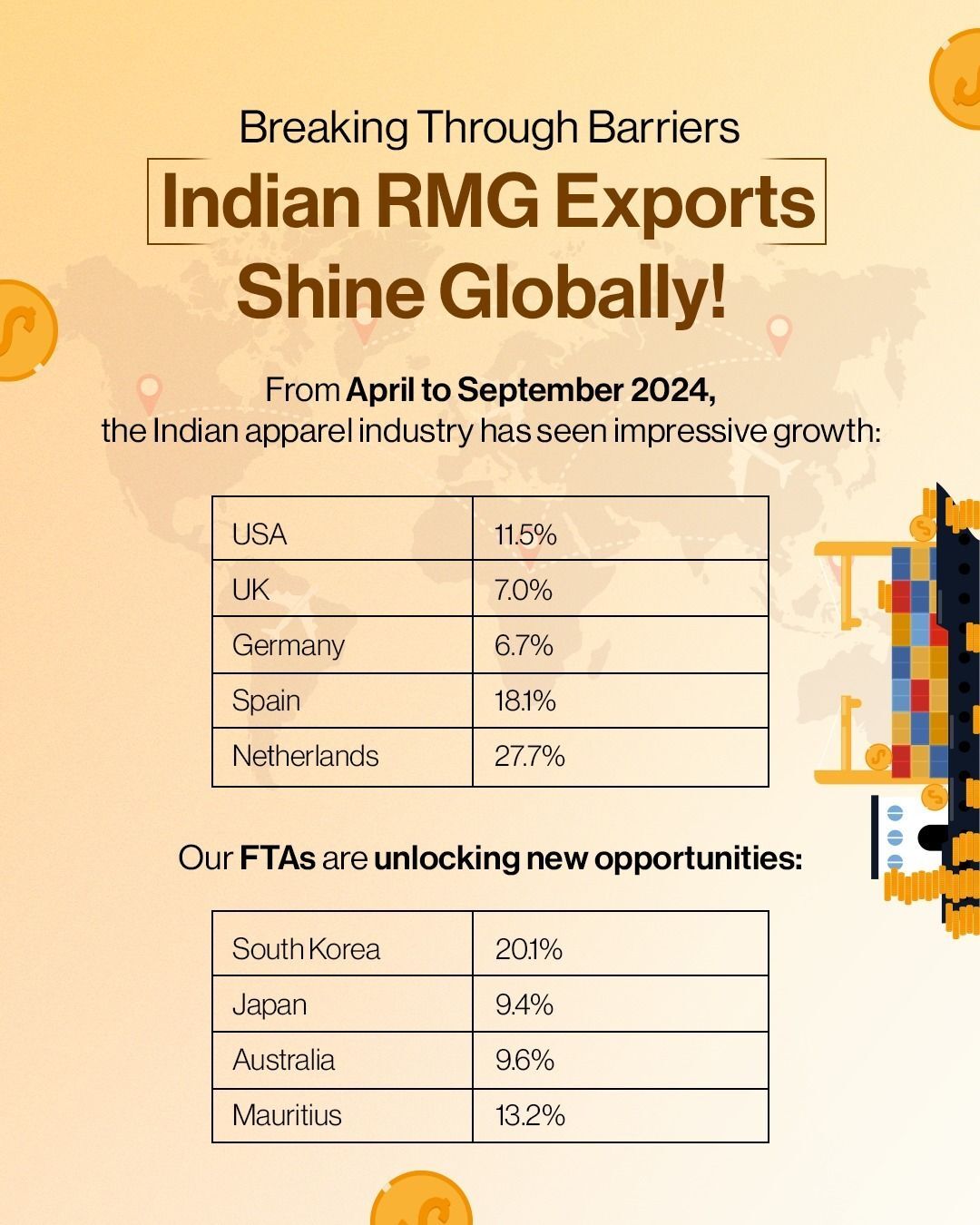The Indian textiles and clothing industry, a significant employment generator with over 110 million workers, is grappling with a series of challenges. Despite its contribution of over Rs. 30,000 crores in GST revenue and $44 billion in forex earnings, the industry faces structural issues in raw materials, tariff barriers, high production costs, transportation expenses, and delays in government refunds.
While the NDA Government led by Prime Minister Narendra Modi has made efforts to boost global competitiveness and address industry concerns, policy gaps and delays in strengthening the raw material base continue to hinder sustainable growth. Moreover, rapid capacity expansion driven by state incentives has strained the sector, with delayed disbursements causing financial stress.
In a recent press conference, The Southern India Mills’ Association (SIMA) expressed its commitment to tackle these structural issues. SIMA Chairman, Dr. S.K. Sundararaman, highlighted challenges in the cotton sector, where multinational traders, import duties, and speculative trading have eroded advantages. He praised the removal of anti-dumping duties on key raw materials but raised concerns over supply disruptions due to Quality Control Orders.
Dr. Sundararaman called on the government to exempt certain imported materials from the Advance Authorization Scheme, ensure international pricing for indigenous MMF producers, and implement a Technology Mission on Cotton 2.0 to boost productivity. He stressed that increasing production in the MMF value chain and technical textiles is essential for industry growth.
Moreover, Dr. Sundararaman urged the industry to focus on value addition, innovation, and niche products while capitalizing on government initiatives. He highlighted the need for sustainability and urged mills to reduce transport costs and carbon footprint by using coastal routes.
In conclusion, despite government efforts to boost the Indian textile industry's global competitiveness, several structural challenges persist, affecting its sustainable growth and global market share. Addressing raw material issues, promoting sustainability, and enhancing productivity are essential for the sector's future success.












